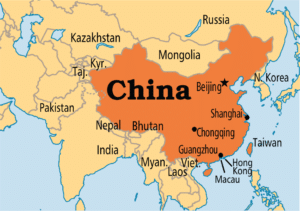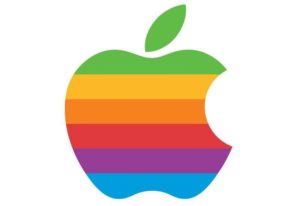Trump wins Trademark Battle in China

In mid-November, news media outlets were reporting that President-elect Donald Trump, who had just scored one of the biggest populist victories in U.S. political history, had won a legal battle involving intellectual property in China. On November 14th, The Wall Street Journal reported that Trump had successfully wrapped a decade-long action in Chinese courts over trademarks involving the “TRUMP” name. According to the coverage, a Chinese judge recently approved a trademark which Trump first applied for in 2006 for the use of “TRUMP” to advertise in China for real-estate-agent services in commercial and residential properties.
As The Wall Street Journal notes, Donald Trump only owns 21 of the 53 trademarks for “TRUMP” registered by China’s State Administration for Industry and Commerce (SIAC), the federal agency in the Chinese government that houses that nation’s trademark office. (It should be added that a recent New York Times article counts 46 “TRUMP” trademarks in China, 29 of which “appear to be owned by Mr. Trump.”) Despite his recent legal victory, Trump has had a rocky relationship with Chinese courts at times. The real-estate-agent services trademark application filed by Trump hit many snags along the way, mostly due to a similar trademark previously filed by a Chinese national.
It’s well known that Trump is a very experienced litigant and this recent case shows a very high level of professional acumen in Trump’s legal team, which shouldn’t be surprising but is impressive given the fact that this case played out in a foreign venue. Trump used multiple avenues to both challenge the refusal of his trademark application and invalidate the “TRUMP” mark held by Chinese citizen Dong Wei. For example, Trump took up multiple actions with China’s Trademark Review and Adjudication Board (TRAB) to oppose the validity of Wei’s trademark; Trump didn’t succeed with those actions, but persistence tends to breed its own success.
In some cases, it appears that “TRUMP” trademarks may have been registered by Chinese entities who were unfamiliar with Trump in the days before his political ascendancy. A Chinese-based developer of high-tech toilet seats, for example, claims that the company made no connection with Donald Trump when it filed for a trademark to use “TRUMP” on its toilet products back in 2002. According to coverage by NBC News, Trump Toilets have captured 85 percent of the Chinese market with more than 16 million customers. That article also included a quote from Trump’s legal representative on trademark litigation in China which puts Trump’s trademark portfolio in that country at more than 70 trademark applications filed, more than 60 approved and 20 current trademark disputes.






